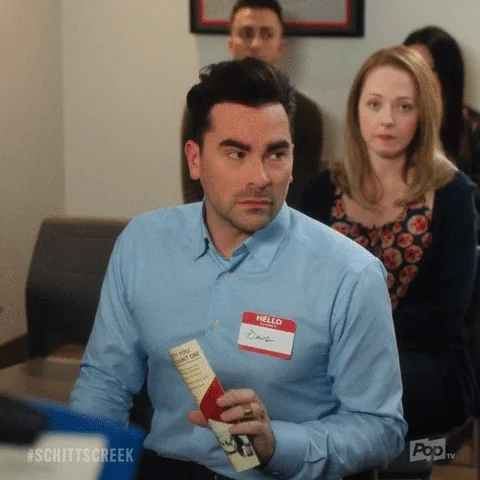
This logo isn't an ad or affiliate link. It's an organization that shares in our mission, and empowered the authors to share their insights in Byte form.
Rumie vets Bytes for compliance with our
Standards.
The organization is responsible for the completeness and reliability of the content.
Learn more
about how Rumie works with partners.
I'm in Germany. I walk into my academic advisor's office to receive feedback on the proposal I spent days writing.
I receive a small smile before hearing "Good effort, but you need to pick a different topic. Let's talk about other ideas you have."
 Photo by Elisa Ventur on Unsplash
Photo by Elisa Ventur on UnsplashThis is one of my most vivid experiences of receiving constructive criticism, a form of feedback that focuses on delivering critique to improve performance or behavior. Constructive criticism is actionable, clear, and beneficial. It doesn't focus only on the negative.
Over time, I learned to be more accepting of constructive criticism and found that it really does help me improve.
Why can't I take constructive criticism?
Have you ever been offered constructive criticism by a teacher, coworker, or friend and you:
got defensive?
felt awful and thought about it for days?
dismissed it completely to avoid feeling like a failure?

It's hard receiving constructive criticism, especially about something you really care about. Leon F. Seltzer, Ph.D., gives us some reasons why:
Our SURVIVAL as humans depends on being accepted into a group of people.
When we feel this acceptance is threatened, our bodies react as if we're being physically threatened.
To protect ourselves, the first response is often to prove why our critic is wrong.
Quiz
Our brains have evolved to respond to criticism with:
Receiving criticism can feel like a threat to our very safety.
How do I tell my brain to chill out?

Take these initial steps to calm down:
Take a deep breath and tell yourself that you are valuable. Your critic wouldn't bother offering you constructive feedback if you weren't.
Remember to keep the task central. It's not about you. It's about creating the best product/performance/relationship possible.
Use additional calming or grounding techniques as needed.
Quiz
Your roommate starts constructively criticizing your habit of letting the dishes soak...for two days. You start to feel yourself getting upset. What should you do to calm yourself? Select all that apply.
If you can calm yourself, you set yourself up to be able to listen and receive feedback well. If you immediately think of ways to improve before they're finished speaking, you're not really listening.
Did you know?
This Byte was created by a volunteer professional that wanted to share this insight to help you succeed - no agenda, no cost.
How to get the most out of constructive citicism
Ask questions
Though sometimes we'd like criticism to get over quickly, asking clarifying questions will make your product much better and make your critic feel heard.
I hear you. Would letting the dishes soak overnight be okay, or would you rather have them done immediately?
Forget their tone
It can be tough to hear criticism when it sounds mean or rushed. Forget how it's said and focus on the content.
Thank you for your feedback. I can tell you care a lot about this.
If all else fails...prove them wrong!
Use constructive criticism as motivation. See it as a fun challenge or obstacle course.
Maybe having a tidier apartment would make me feel better too. I'm going to try 6 days in a row where I wash my dishes within the hour.

Quiz
Your coworker approaches you and says, "I like that you listen to my project ideas and give me feedback. I would appreciate it if you also publicly supported me in meetings." But you get nervous speaking in public! What's the best response?
Don't beg for forgiveness or ask your critic to validate you — remember, constructive criticism isn't about you, it's about improving a situation or product! Also, even if you get nervous during meetings, don't offer this excuse without an alternative solution. For example, you could ask your coworker to prompt your support at the end of her proposal, so the responsibility to speak up isn't 100% on you.
Take Action
 Photo by Brooke Cagle on Unsplash
Photo by Brooke Cagle on UnsplashThe next time you receive constructive criticism, remember to:
This Byte has been authored by
Caitlin Borke
Music Teacher/STEAM Integration Specialist